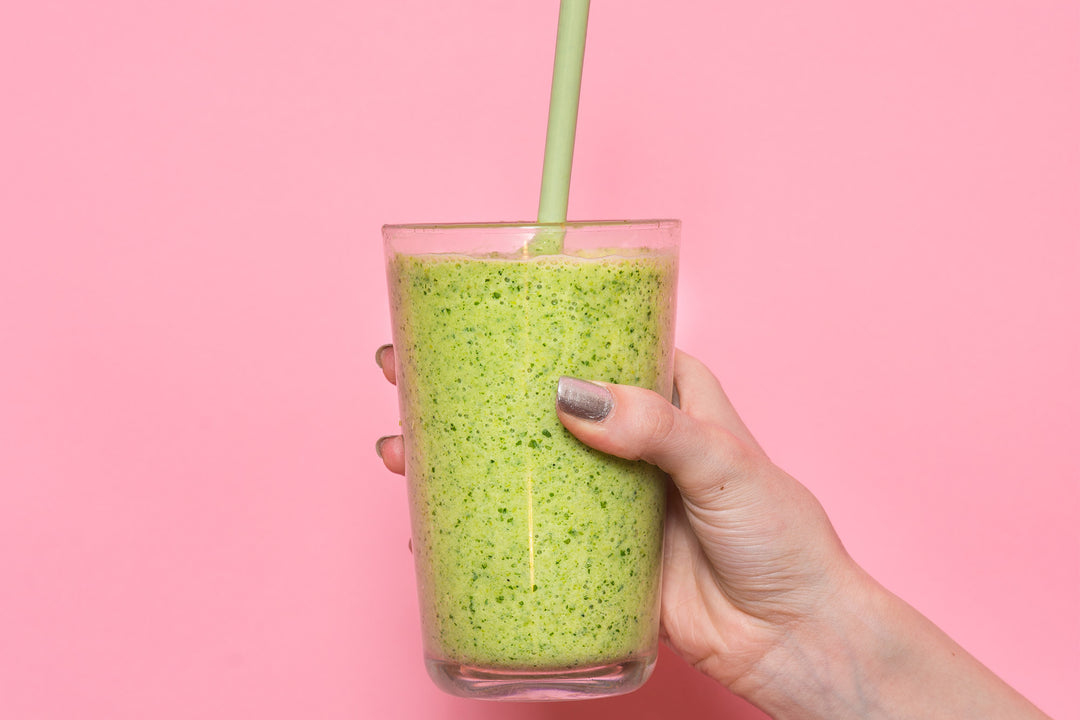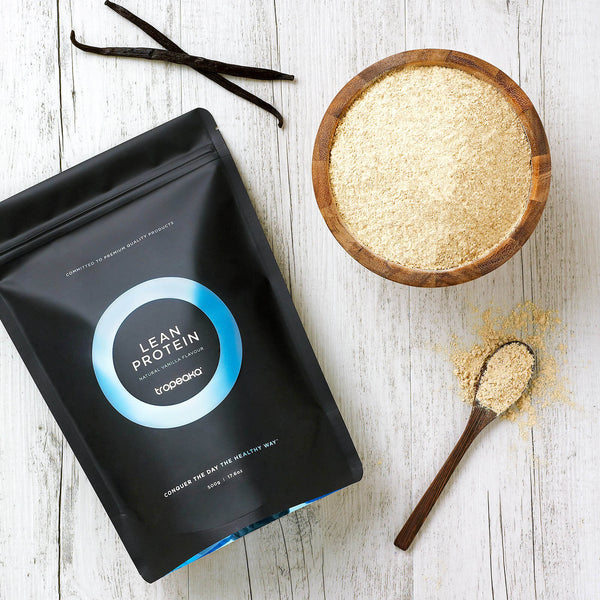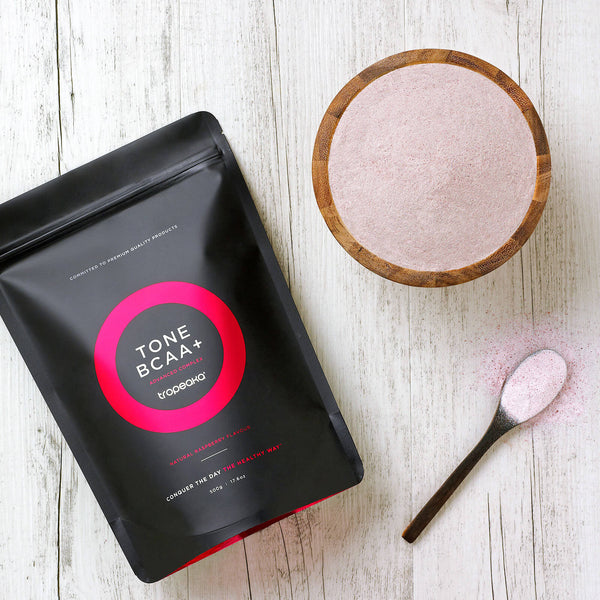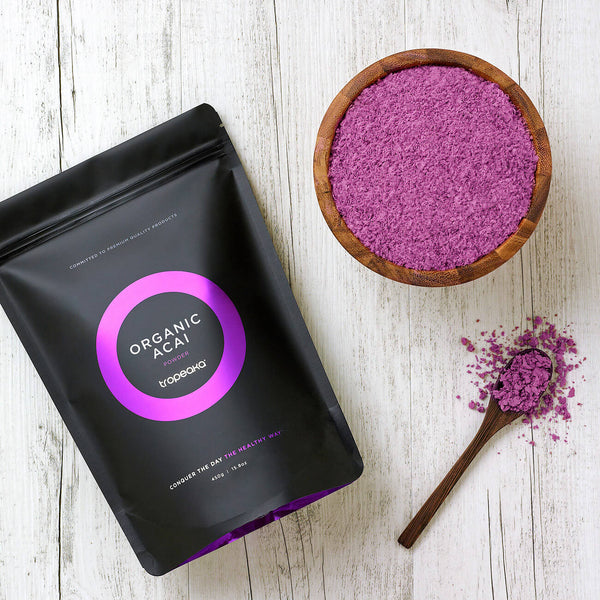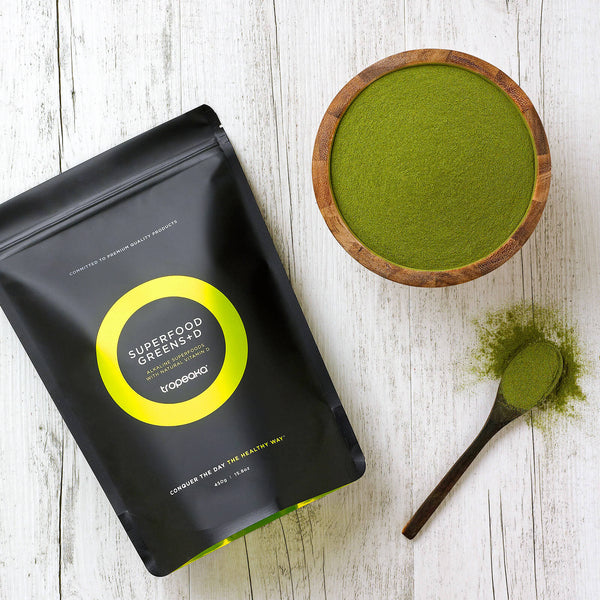Intermittent fasting is a natural and potent technique for reducing body fat, lowering chronic inflammation, increase energy and optimising overall health. With its fantastic potential for weight loss, you may be surprised that calorie restriction isn’t the goal of intermittent fasting. In fact, there is generally no need to eat fewer calories than you usually do while eating at standard meal times.
T
he purpose of intermittent fasting is to give your body bigger breaks from food so that it can focus energy on regeneration instead of digestion, while it adapts to using fat stores for fuel.
The health benefits are incredible. Not only can intermittent fasting help us reach new levels of athletic performance, but it can also help us live longer, healthier lives by reprogramming our metabolic and stress resistance pathways. This lifestyle tool has been shown to reduce and reverse obesity, hypertension, asthma and rheumatoid arthritis, and has the potential to prevent and treat many other health conditions.
Sounds amazing? Keen to try it out? Well - make a pot of herbal tea, sit down and relax because there are still 9 things you need to know about intermittent fasting.
1
Fasting is something you already do
Most of us grew up believing breakfast was the most important meal of the day. The first thing we eat each day certainly influences how we feel, which in turn impacts every choice we make for the rest of the day.
The thing is, we tend to associate the idea of breakfast with a specific time of the day, just as we do with lunch and dinner. However, even if you don’t eat your first meal until the middle of the afternoon, it’s still technically your breakfast because this first meal ‘breaks your fast.’
Intermittent fasting can sound like a big, scary and restrictive challenge; only for those with an iron will! However, we already do an intermittent fast every night while we sleep. The time between our last meal of the day and our breakfast is a fasted period, and people who practise intermittent fasting aim to extend this fasted period to hack their health.
Extended fasting is completely natural for us; not only did our ancestors do it, both out of necessity and for healing purposes, but our animal friends do it too!
Research, along with trial and error is the best way to figure out which method works best for you and your goals
2
There are several intermittent fasting methods
Intermittent fasting can work with almost anyone’s schedule, as there are at least 5 different methods to choose from. What’s important to understand though, is that the method which helped a friend of yours achieve amazing fitness results, won’t necessarily work well for you.
Some people thrive on an entire 24-hour fasting period every week, while others feel much better by sticking to a daily fasting window of 12-20 hours.
Research, along with trial and error is the best way to figure out which method works best for you and your goals.
3
Your individual goals are important
It's important to ask yourself what your goals are before you start. For example, are you interested in intermittent fasting to promote healthy ageing, increase mental clarity, reduce unhealthy cravings, reach a healthier weight, or to help treat a disease?
Identify and document your goals, as well as the underlying reasons for why you want to achieve them, will help you stick to your intermittent fasting plan.
It’s also crucial to ease your way into intermittent fasting. If you’ve never tried it before, then it’s not wise to start with a 20-hour fasting window. Start by finishing your last meal an hour earlier and adding an extra hour before you eat breakfast - the increase your fasting window gradually while taking note of how you feel. Journaling the experience is definitely worthwhile!
4
Fasting allows your body to burn stored energy
When the body is busy digesting and absorbing food, this is known as the ‘fed state.’ We enter this state as soon as we start eating, and it lasts for 3-5 hours.
Our insulin levels are higher during this time, making it almost impossible to burn fat. The post-absorptive state comes after the fed state and lasts for 8-12 hours after your last meal. Your insulin levels begin to decrease until you enter the fasted state, where you start using fat stores for energy. That’s precisely what body fat is; extra energy that’s stored so that it can be used later.
The standard eating schedule rarely allows for much time in the fasted state, while an intermittent fasting practice extends the amount of time our bodies spend burning stored fat for energy. Fasting also gives our bodies extra time to rebuild, restore and regenerate on a cellular level, and is especially good for the immune system.
5
A diet high in fibre and protein makes fasting easier
Launching into intermittent fasting before you’ve developed basic healthy eating habits is a recipe for disaster. Before you start your intermittent fasting journey, ensure your diet is already full of nutrient-dense foods, is high in protein and healthy fats, as well as lots of vegetables. A nutritious diet will keep you feeling satisfied and energised while you’re fasting, as well as prevent sugary junk-food cravings and eliminate the risk of binge eating.
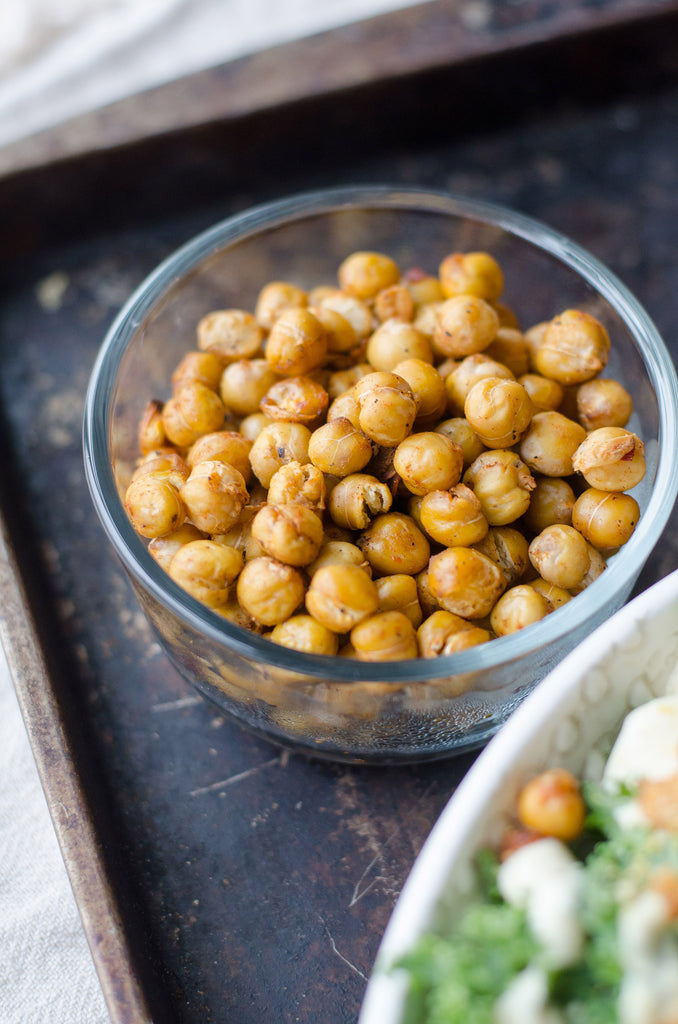
When breaking a fast, it’s best to eat a meal that’s a little lower in carbohydrates to avoid a glucose spike and crash. Save those healthy, whole-food carbs for your second meal!
6
It’s not for everyone
Intermittent fasting has many potential health benefits, but that doesn’t mean it’s healthy or safe for everyone. The following groups of people should almost certainly avoid it:
- People under 18 may still be developing physically and should avoid prolonged fasting periods.
- People over 65 should first seek advice from a health care professional who knows them well.
- Insulin-dependent Diabetics must maintain stable blood sugar levels to stay healthy, which can be nearly impossible with intermittent fasting.
- Nutrient timing is crucial for endurance athletes, who need a steady dose of calories and nutrients to train, perform and recover.
- Pregnant and breastfeeding women require extra calories and need to eat often to support their wellbeing and the health of their baby.
- Cancer patients, people with immunodeficiency, and those dealing with, or in recovery from an eating disorder should also avoid intermittent fasting.
- In fact everyone starting intermittent fasting should first consult with a healthcare professional who knows their individual needs.
7
Women's hormones can complicate this simple science
For some of us, there’s a time when intermittent fasting might not be such a good idea, and that’s the week before your period. You may be surprised to know that fasting during menstruation is totally fine. However, long fasting periods in the week before can be harmful, as the body is much more vulnerable to stress at this time. At this phase of the cycle (the luteal phase), we experience a steep drop in oestrogen, which causes increased sensitivity to the stress hormone, cortisol.
You don’t have to do a complete diet 180 the week before your period. You just need to take your intermittent fasting down a few notches from whatever you usually do. If you typically fast for 18 hours a day, then reducing that to a 10-12 hour fasting period might be ok. That said, only you can know what your body needs, so listen in and don’t outsource your wisdom!
Remember that cravings only arise because our systems have become addicted to being fed every few hours
8
If it’s a struggle, you should stop
It’s so important to stay in touch with your body when trying out new diets and lifestyles. Never just do whatever works for someone else; listen to your body and don’t be afraid to break your fast if you’re not feeling good.
Some stomach grumbles and cravings are totally normal, especially when you first start intermittent fasting, and are not a cause for concern. Remember that cravings only arise because our systems have become addicted to being fed every few hours.
However, if you get extremely hungry, light-headed or shaky - you either haven’t had enough water, or you need to end your fast early. Look out for these 9 signs you may be undereating.
9
Herbal teas are helpful!
Staying hydrated while fasting is essential, and you’ll need more water than usual. Water lubricates our joints, regulates our body temperature and keeps our digestive systems regular. It also carries oxygen and other nutrients to cells, flushes waste out of the body and helps maintain a healthy blood pressure.

Let’s be honest - gallons and gallons of water can get a little boring for the tastebuds, especially when they aren’t being stimulated by food! Not only can herbal tea make your fasting experience more enjoyable and manageable, but it will also make your intermittent fasting more effective. Herbal tea can even reduce the cravings that most people will experience when they first start intermittent fasting.
Although black coffee is also ok to drink while intermittent fasting, try not to go overboard. Too much coffee can leave you feeling jittery, anxious and weak, especially if you are caffeine sensitive. Drinking coffee late in the day can also affect the quality of your sleep - and we all know how important great quality sleep is!
Tip for fasting coffee lovers: The caffeine in coffee will enter your bloodstream faster than if you weren’t fasting, so please stick to one or two a day!
Herbal teas come in many healing varieties and are super versatile. The Tropeaka Herbal Infusions range has a blend to support your immune health, an infusion to gently cleanse the system, and a tranquil tea to help you sleep soundly. This delicious and naturopath-approved range can also be enjoyed hot when you need a hug from the inside out or icy cold on a summer’s day!
So before you begin your intermittent fasting journey, make sure you have a good selection of high-quality herbal teas!
